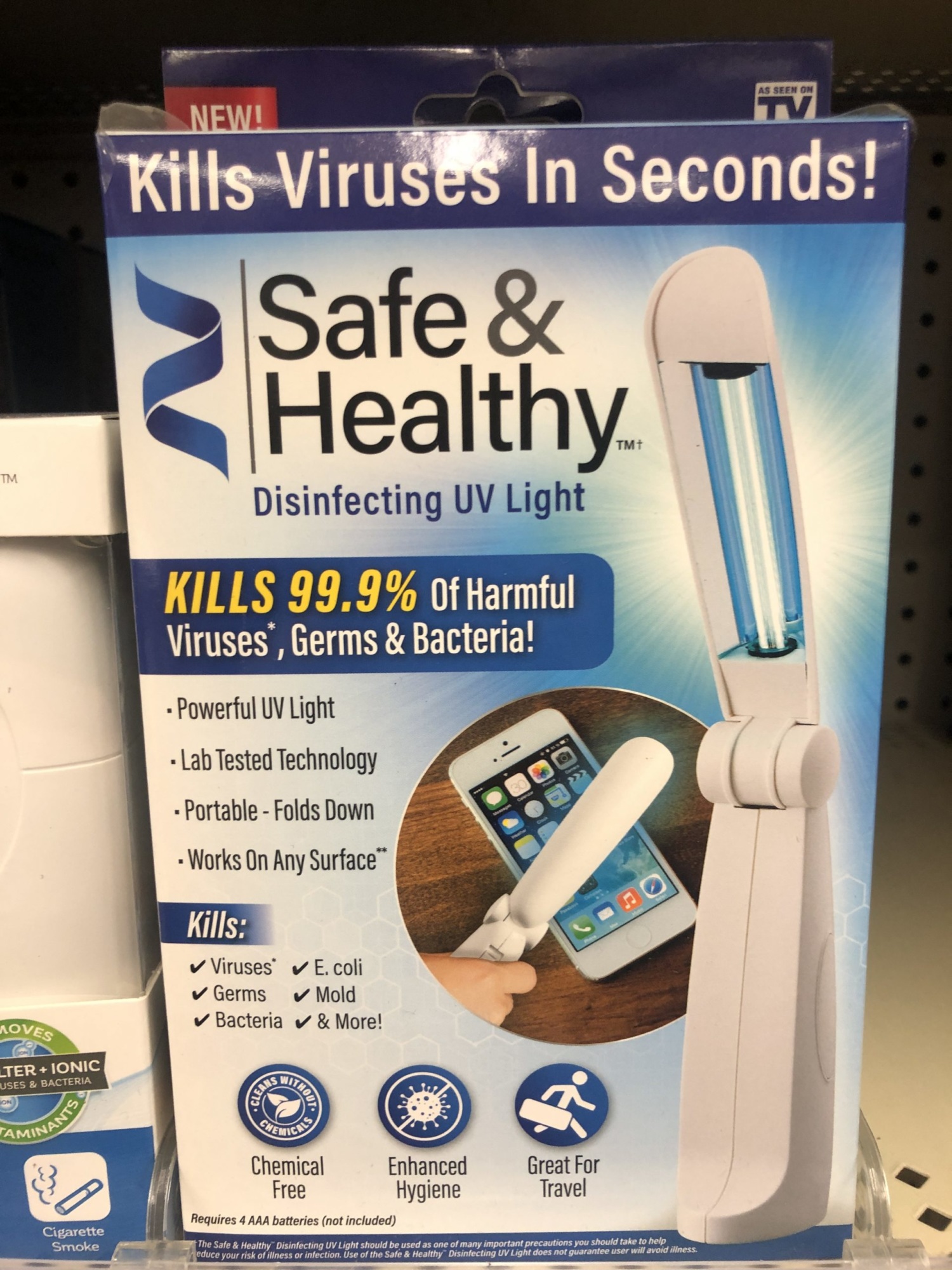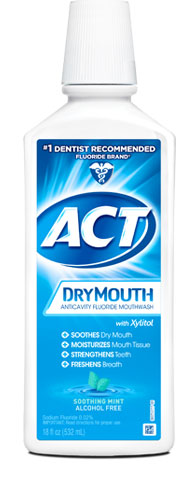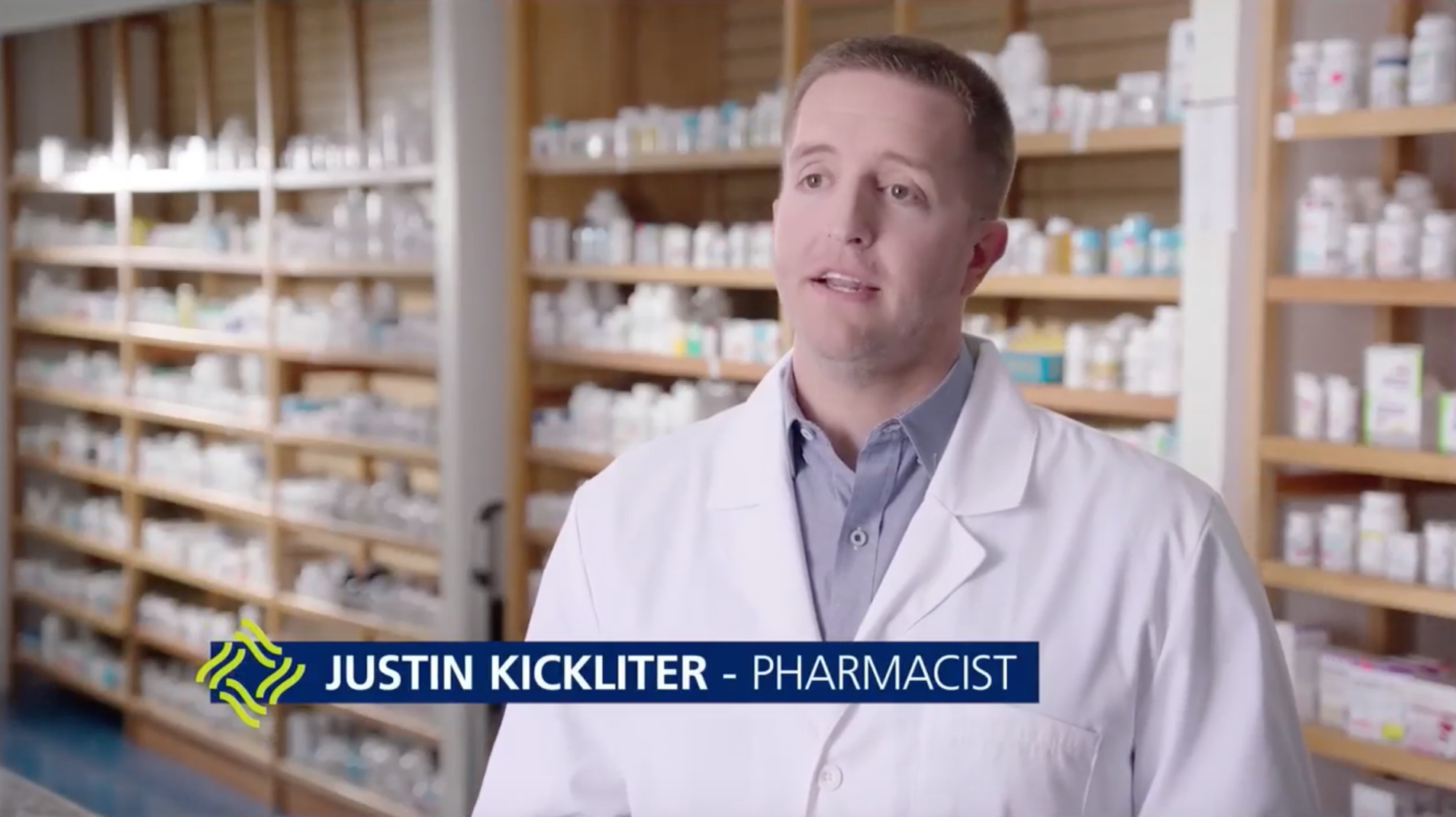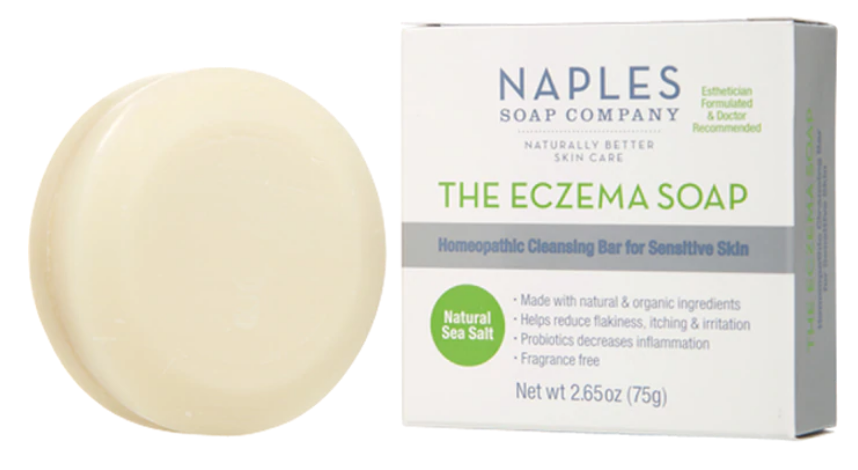
Safe & Healthy Disinfecting UV Light
When it comes to UV devices and COVID-19, there is no magic wand.
NAD tells marketer to watch its mouth when it comes to making certain dry mouth product claims.
 Perhaps when you were a kid you had a mother who would put a bar of soap in your mouth whenever you said something that you could not back up, something about how it was your sister — and not you — who covered the family dog in chocolate syrup.
Perhaps when you were a kid you had a mother who would put a bar of soap in your mouth whenever you said something that you could not back up, something about how it was your sister — and not you — who covered the family dog in chocolate syrup.
The National Advertising Division (aka The National Advertising Division (NAD) is the advertising industry’s self-regulatory body administered by the Council of Better Business Bureaus.) takes a more nuanced approach. The self-regulatory body, which just held its annual conference in New York City this week, recommends changes and it’s up to the advertiser to decide whether it wants to follow those recommendations or appeal them.
Recently, when faced with those two options, the marketer of ACT Dry Mouth products chose the latter.
Chattem said it would appeal recommendations by NAD that it discontinue claims that ACT Dry Mouth mouthwash “provides immediate, long-lasting relief” and “soothes dry mouth,” and that ACT Dry Mouth lozenges are uniquely formulated to stimulate saliva flow and soothe and moisturize dry mouth. NAD said a study provided by Chattem supported claims that the mouthwash “moisturizes dry mouth.” The advertising at issue was challenged by GlaxoSmithKline, maker of competing Biotene oral care products.
NAD defined dry mouth as “a broad term that can refer to a wide range of symptoms including fleeting dryness associated with eating salty foods or drinking alcohol, but also sustained oral dryness caused by prescription medications or chronic disease. More advanced symptoms can lead to serious health problems such as difficulty tasting or chewing, oral discomfort, and increased chance of tooth decay or infection.”
According to Chattem, dry mouth affects 10 percent of all adults and 25 percent of those over 65.
Find more of our coverage on oral care products here.
Our Ad Alerts are not just about false and deceptive marketing issues, but may also be about ads that, although not necessarily deceptive, should be viewed with caution. Ad Alerts can also be about single issues and may not include a comprehensive list of all marketing issues relating to the brand discussed.
When it comes to UV devices and COVID-19, there is no magic wand.
Pharmacist testimonials at the center of advertising inquiry head to the FTC for further review.
From “cruelty free” to “Made in the USA,” TINA.org finds personal care company’s marketing awash with questionable labels.

